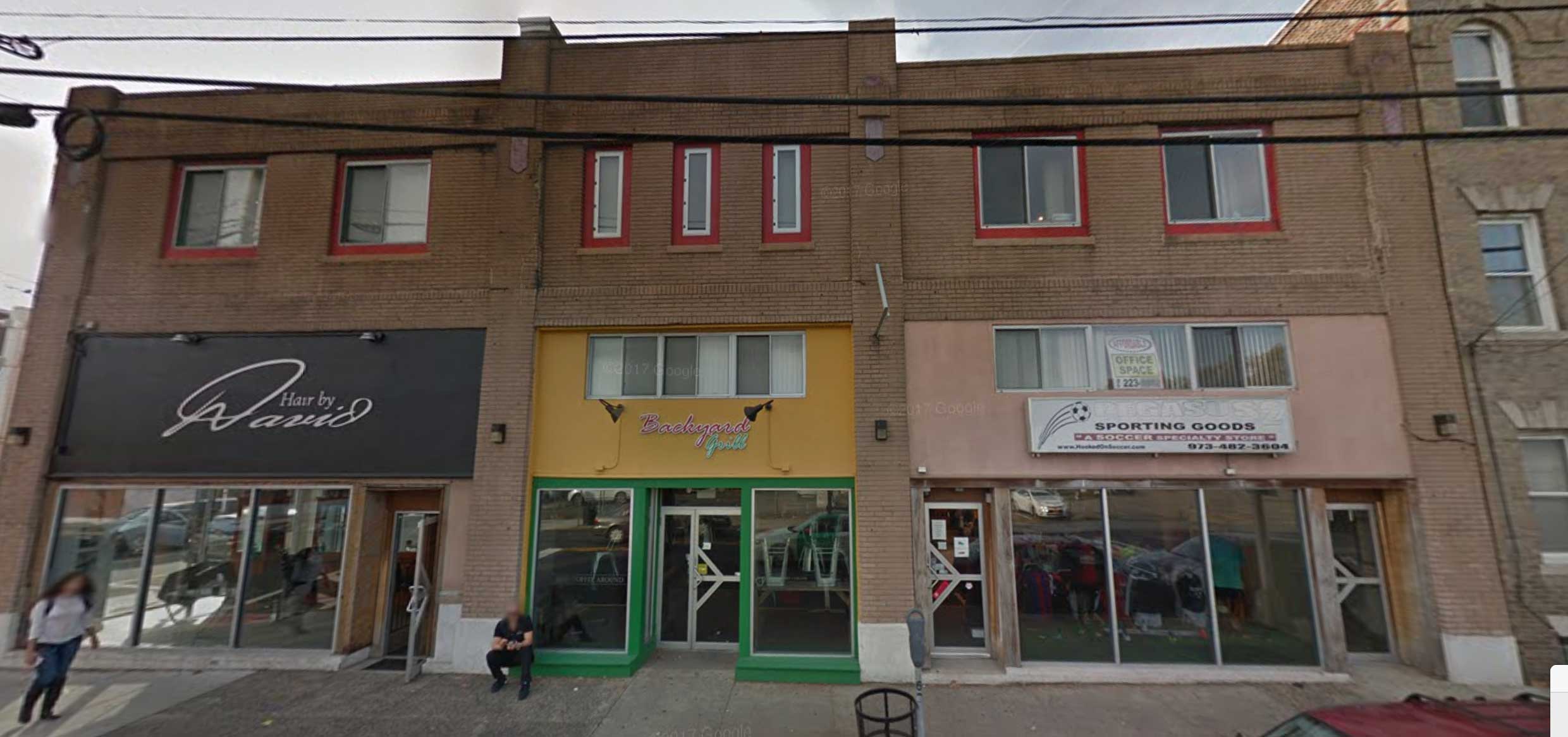The Department of Homeland Security has set up a system recently that will make it harder for the big outsourcing companies to use the H-1B program in the huge "rent a programmer" business. The new rules require more direct management of these workers than traditionally has been the case, to the detriment of those employers who are in the job placement – as opposed to the direct solutions — business.
For a once-over-lightly, pro-employer account of this action, see this article in Newsweek, which we should remind you has little in common with the Newsweek of old, once owned by the Washington Post.
As I read the article I kept wondering which one of the mammoth, largely-India-based outsourcing firms, was bringing the case. After a while, the magazine indicates that the suit was brought by the "Small and Medium Enterprise Consortium and two IT service providers" not named in the article. The Consortium is based in New Jersey.
Having lived and studied in that state for years, I looked a little further. The Consortium has a suite of offices in Edison, N.J., a New York suburb; all seven of its board members have Indian names.

Then, turning to PACER, the data file run by the federal courts, I learned one of the two firms was Derex Technologies, in Harrison, N.J., and the other was NAM Info, Inc., in Cranbury, N.J., near Princeton. Google Street View shows us that Derex Technologies has its offices on the third floor above a sporting goods store in that Rust Belt town (building at right in photo). I had heard of none of them, and all their postal addresses had suite numbers, suggesting modest size.
Were these three fronts for Tata, Infosys, Cognizant, and the like? Those three huge firms have much more to lose by the new ruling than the three little outfits that brought the suit.
Had the three plaintiffs (with perhaps some funding from the big guys) hired a topnotch corporate outfit to fight the case in court?
Quite the opposite. The small law firm on the case is Davis & Brusca, with offices off Route 1, some miles outside Princeton. Its Facebook page says: "We advocate for the most vulnerable victims of abuse and neglect and hold nursing homes and other negligent parties accountable."
The lawyer in the case, Brian Carney, describes his practice as focusing on automobile accidents, bed sores and pressure injuries, and the like.
His biography says that he is a former deputy attorney general of New Jersey. (I learned quickly working in Trenton that all lawyers working for the state's AG carry that grandiose title.)
I am not a believer in most conspiracy theories. Maybe this is just a case of an ambitious little legal firm seeking to get beyond its current specialty in personal injury law. Or perhaps the big H-1B users are deliberately using a modestly named plaintiff with a modest law firm to make the case for the big guys.
It will be interesting to see how this develops.
